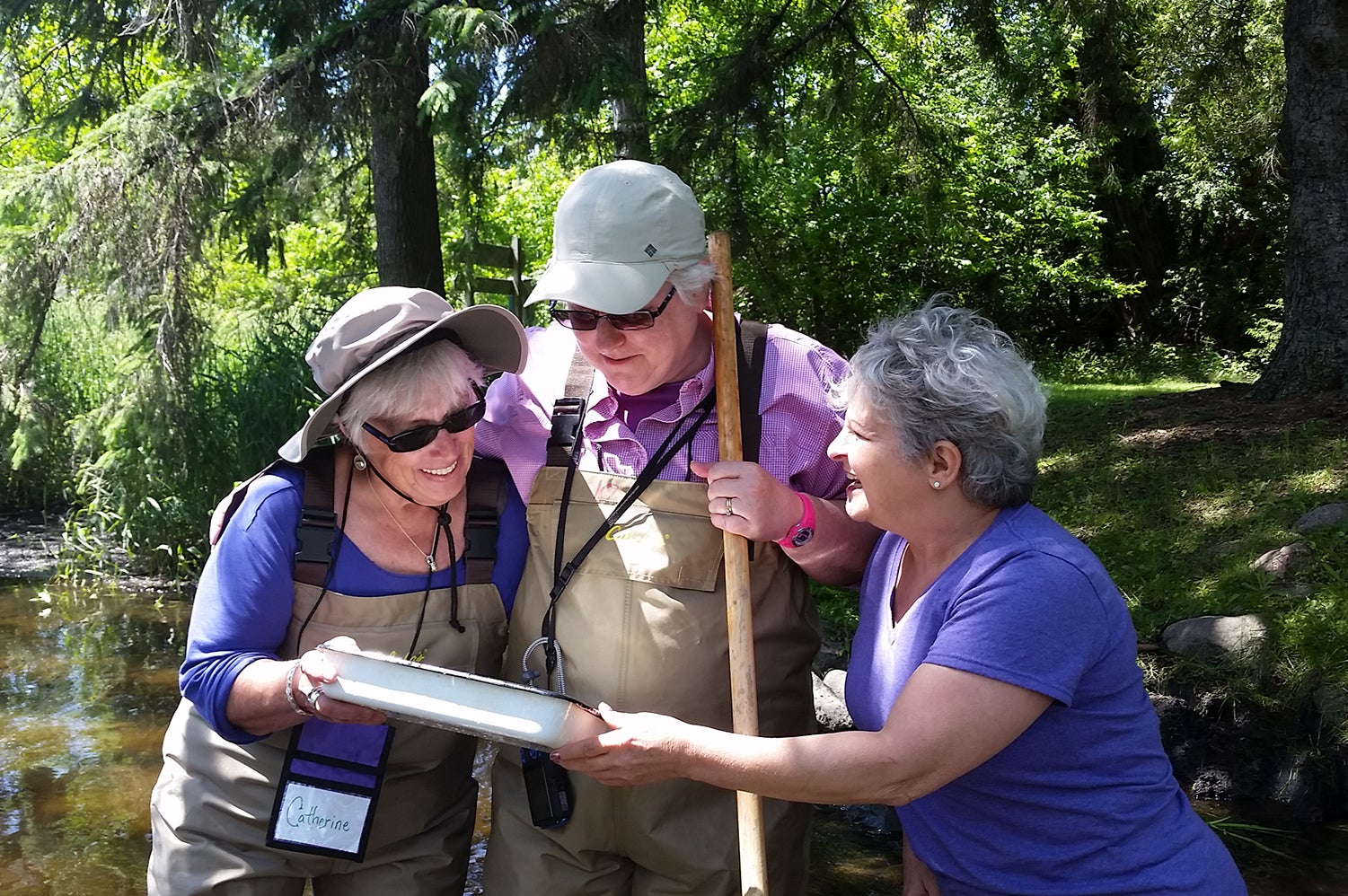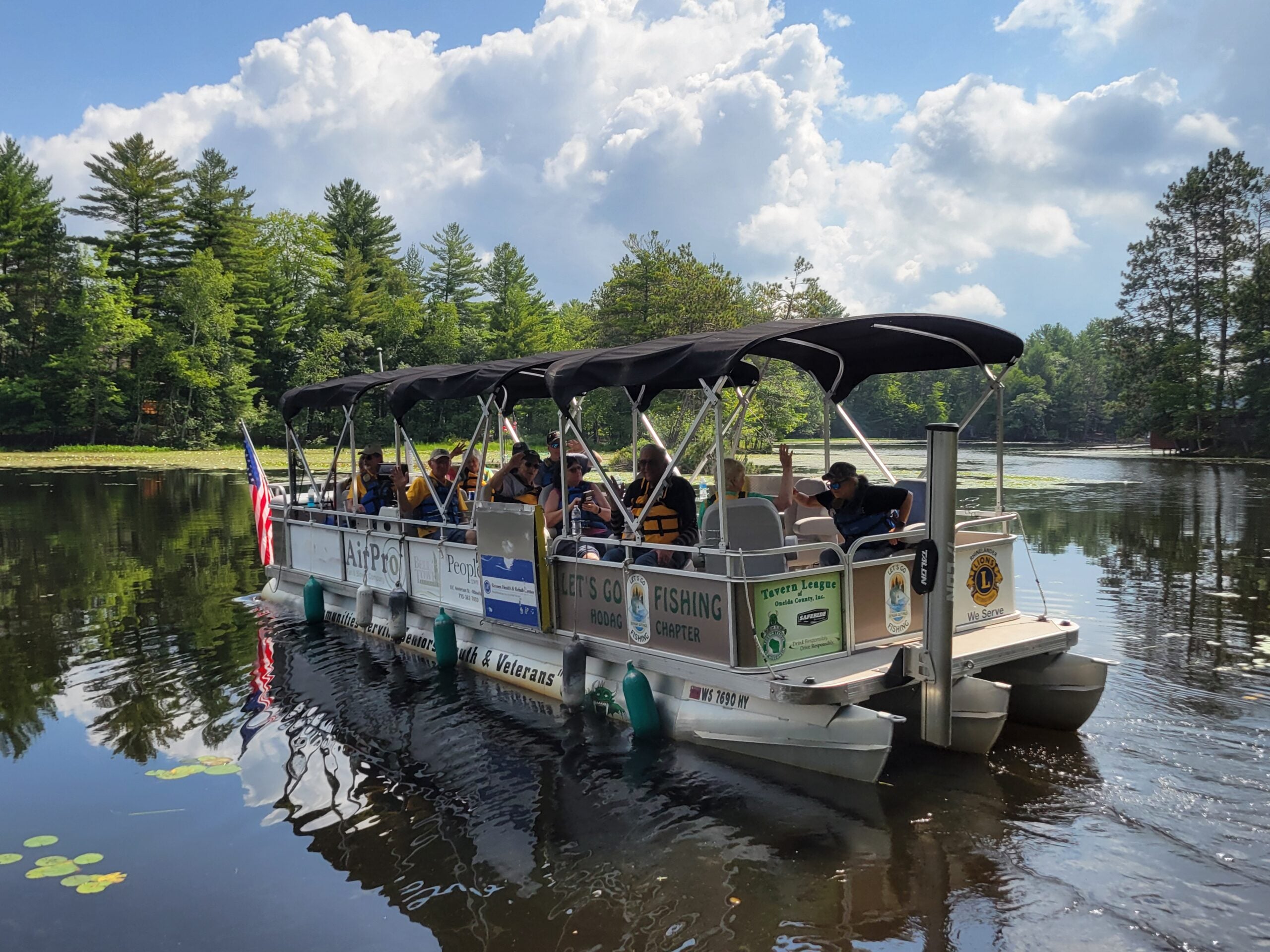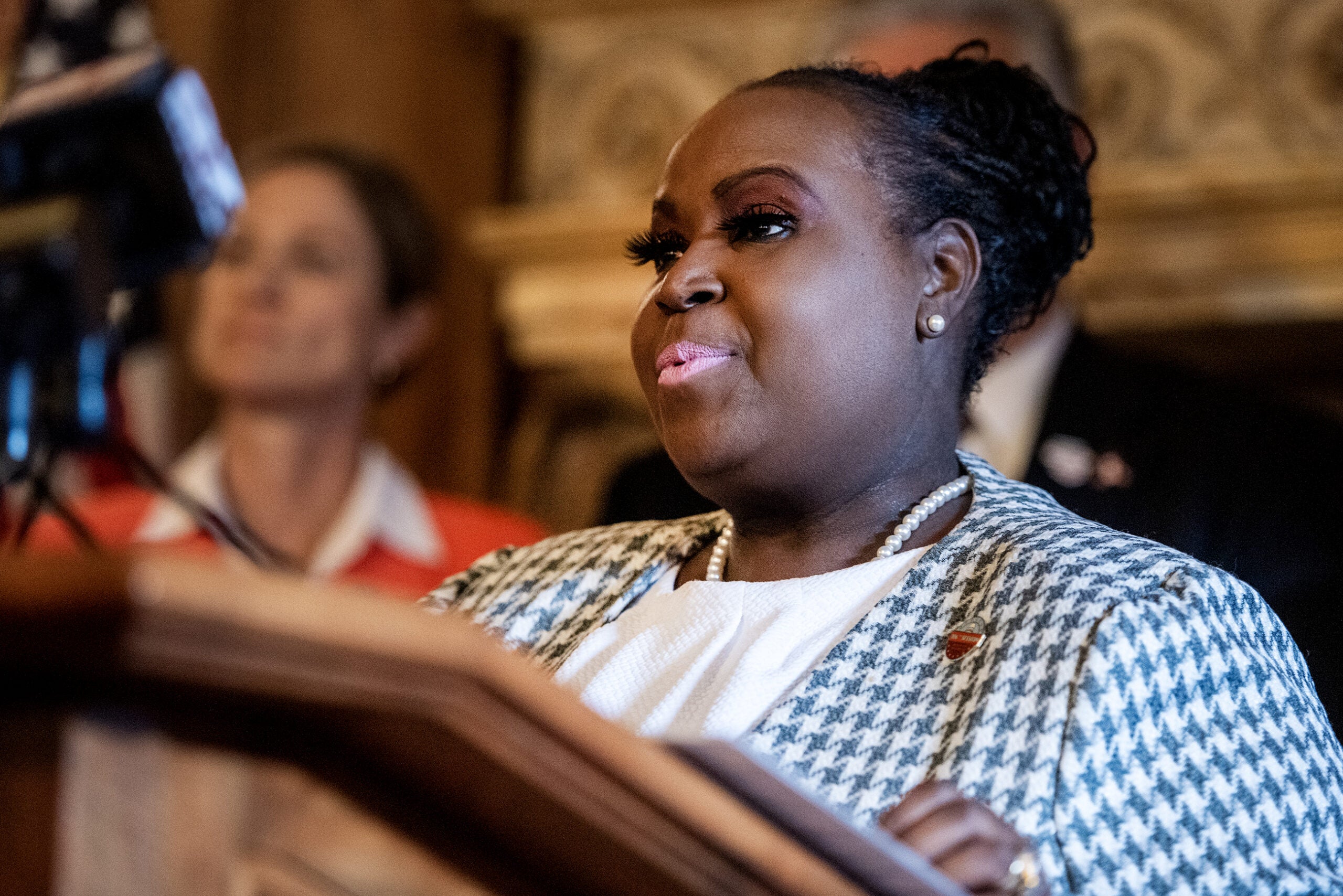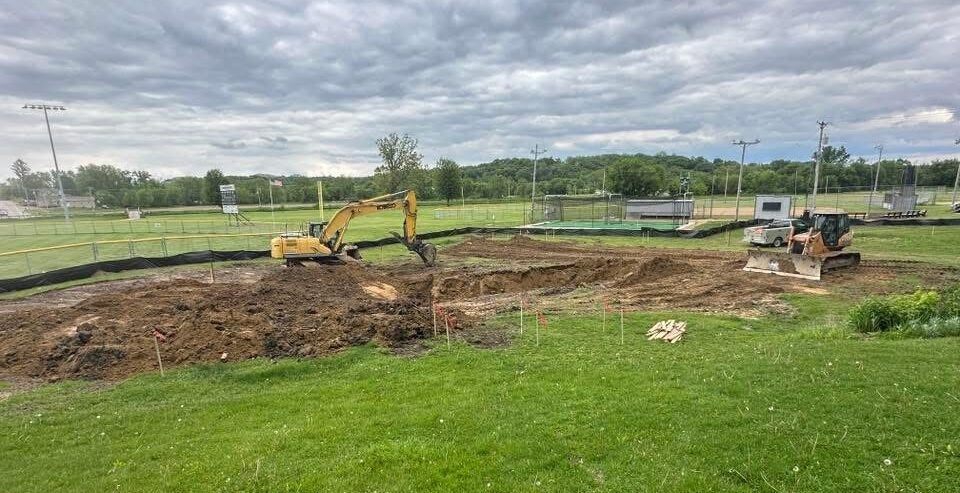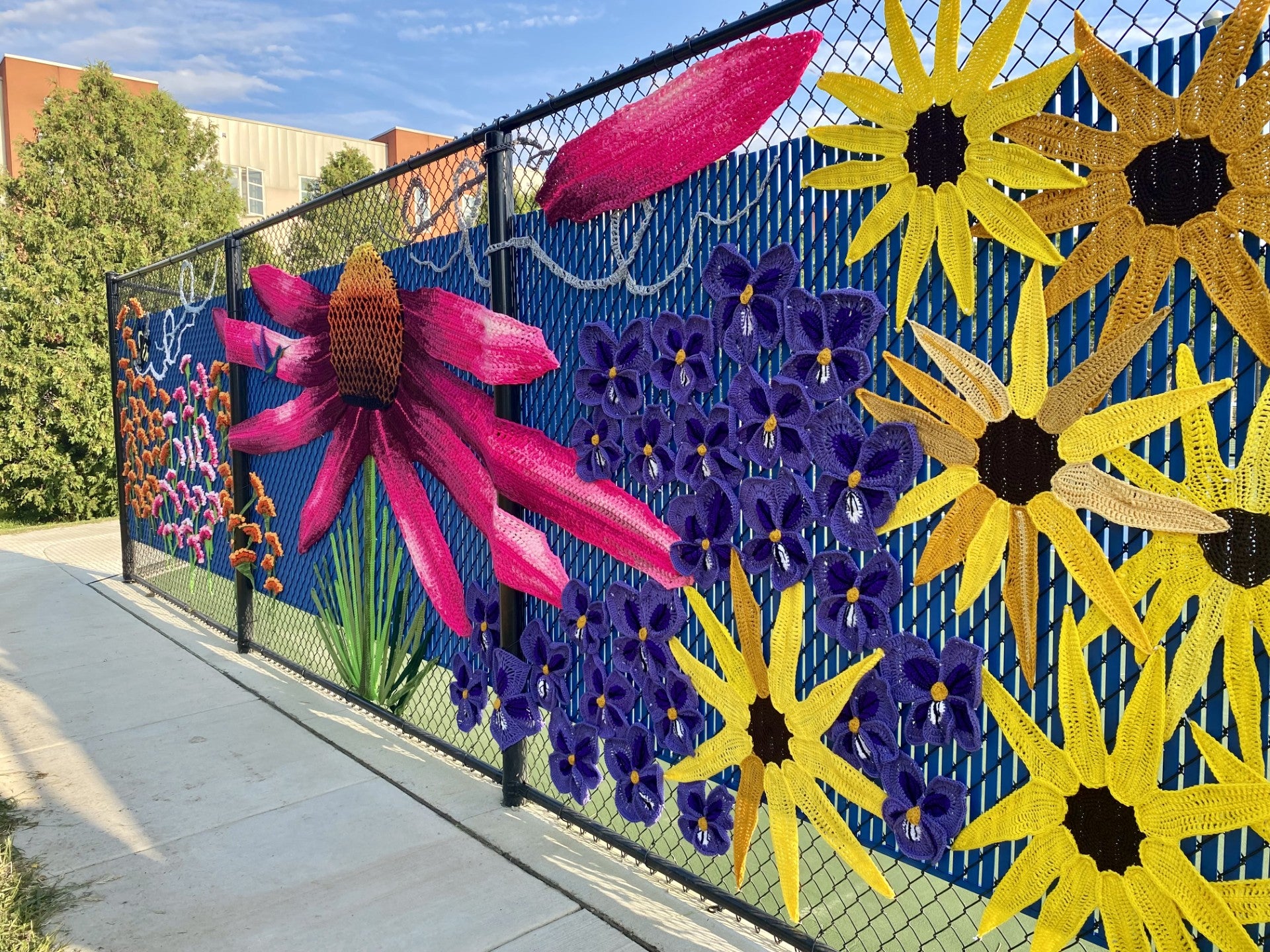The first time Daryl Grier walked into a workshop for a group called Becoming an Outdoors Woman, she paused and asked herself, “What am I doing?”
Grier was nervous. She worried about her athleticism and coordination. She liked walking around the woods as a kid during family trips to northeastern Wisconsin. But she had skipped hunting with her dad and three brothers.
“I’m not sure why I’m here,” she acknowledged to the group.
News with a little more humanity
WPR’s “Wisconsin Today” newsletter keeps you connected to the state you love without feeling overwhelmed. No paywall. No agenda. No corporate filter.
But after joining the group in 2010, Grier made a bird feeder and went dog sledding. She tried ice fishing when it was -24 degrees. She sewed a hat and mittens with fur. She did archery, too. And to this day, she still enjoys snowshoeing.
Grier now recognizes how much enjoyment she feels trying new activities.
“I have to see what I’m missing,” she said.
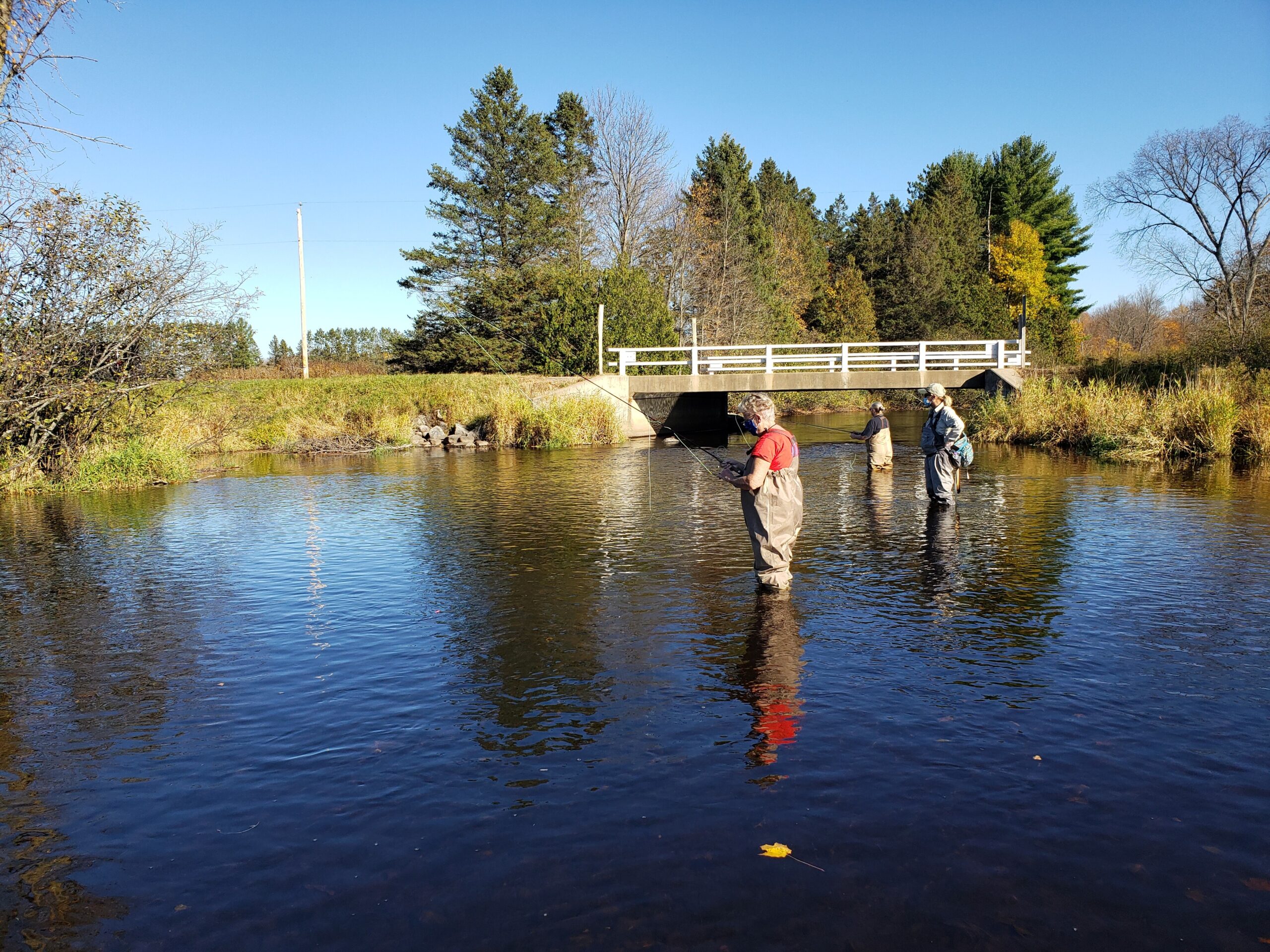
Becoming an Outdoors Woman started in Wisconsin more than 30 years ago and expanded to more than 35 states and several Canadian provinces. The University of Wisconsin-Stevens Point oversees the group, which is open to the public. The first workshop started in 1991 at the Treehaven Field Station near Tomahawk.
The group’s director, Peggy Farrell, recently joined WPR’s “Central Time” to reflect on getting women more involved in outdoor recreation. The group aims to “create a safe, welcoming, empowering environment for women” to step outside of their comfort zone, she said.
Workshops are held all year. In February, a winter workshop offers choosing four classes from more than 20 options, including cross-country skiing, snowshoeing, ice fishing and archery. A popular winter survival class shows how to make a snow cave.
“If we’re going to live in Wisconsin, we need to know how to get out there and enjoy it,” Farrell said.
Some workshop attendees have come from southern states to bring home bragging rights about driving or fishing on ice, Farrell said. Others have moved to rural parts of Wisconsin and want to better acclimate to outdoor life.
Farrell said the group offers many options for classes and workshops, but it tries to keep an equal balance of hunting and shooting, fishing and boating, and other interests, such as birdwatching, wildlife photography, hiking, canoeing, camping and kayaking.
“That means that there’s something for everyone,” she said.
Becoming an Outdoors Woman seeks to help women find a safe place to learn male-dominated activities they might have missed growing up. The group’s instructors are typically women. They are patient and use a noncompetitive approach to teaching, Farrell said.
“We make a place for them to learn,” she said.
The group is for anyone 18 and older, Farrell said. Men sometimes participate in workshops, too. Farrell said she would like to offer more workshops for families or children, but the group lacks enough staff and funds.
Grier called into “Central Time” during Farrell’s appearance on the program. Farrell said she recognized Grier’s voice. Farrell said Grier’s initial experience with trepidation captures what happens to many new participants. In a short time, women who felt out of place find friends and feel at ease.
“It’s a little bit of Voodoo magic when you put anywhere from 50 to 100 women from all different walks of life — different backgrounds, different ages, different education levels, ethnicities, all of that — put them together for a whole weekend and everybody just takes care of each other,” Farrell said. “It’s something you really have to go experience to get it.”
Wisconsin Public Radio, © Copyright 2026, Board of Regents of the University of Wisconsin System and Wisconsin Educational Communications Board.
